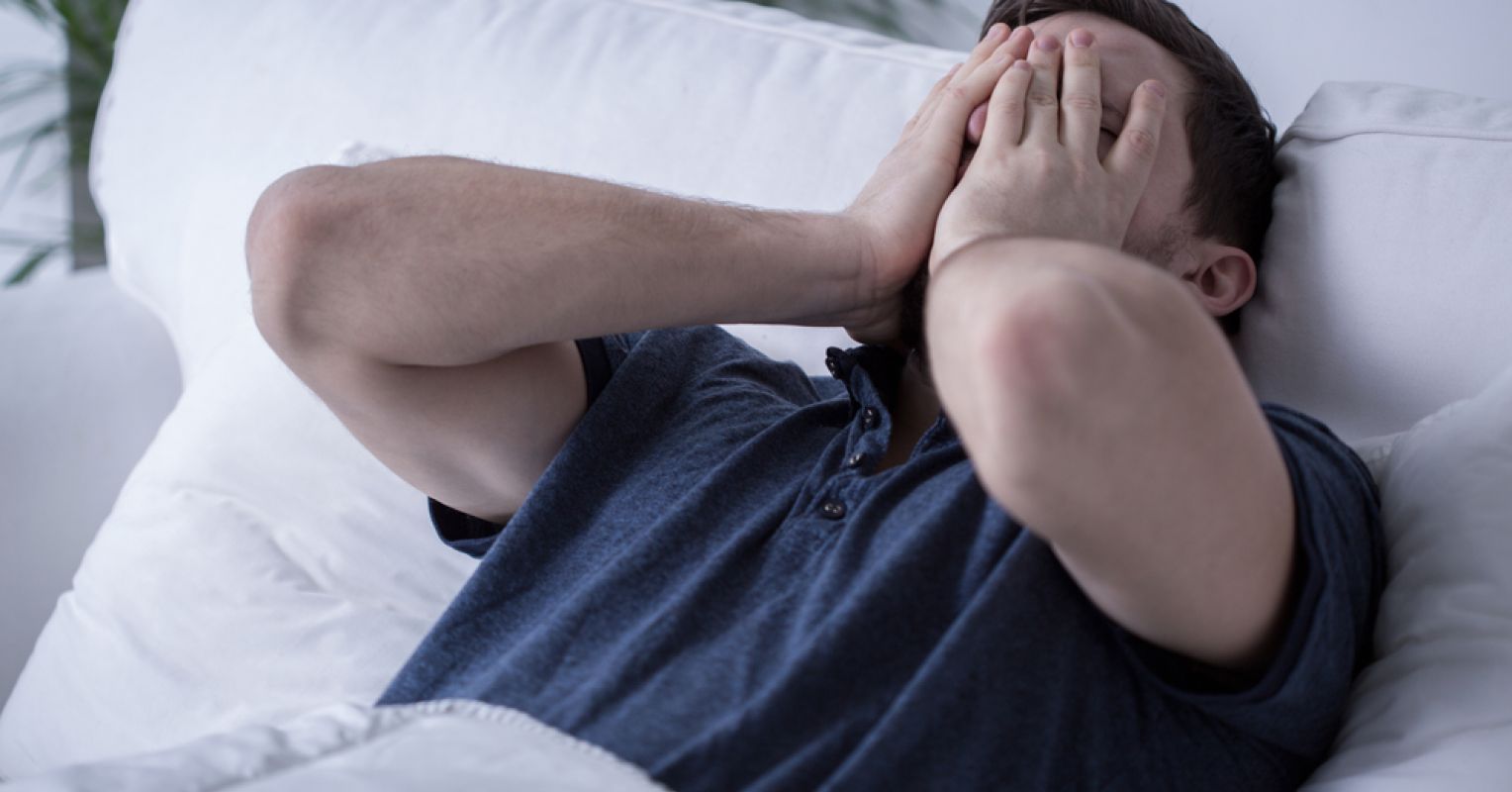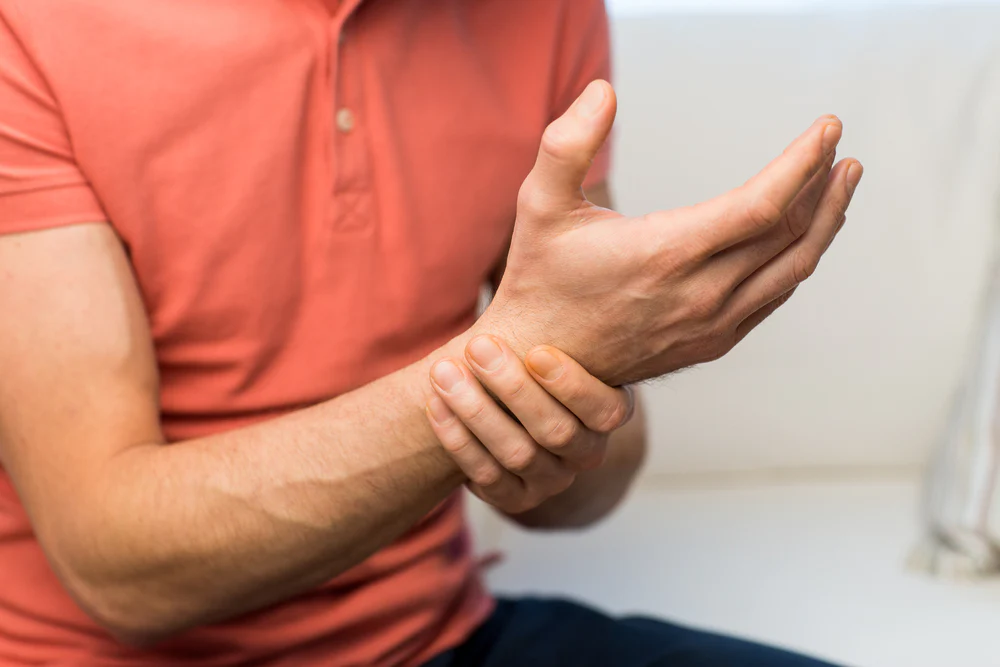Sleep Disorders and Conditions
First Night Effect
Getting a good night's sleep in a new place is often easier said than done. Even when your body is craving rest, you may still struggle to get the uninterrupted and restorative sleep you need. This article explores the phenomenon known as the first-night effect and offers tips to help you get a refreshing night's sleep in a new environment.
Understanding the First-Night Effect
Have you ever had trouble sleeping in a new environment that you're not familiar with or accustomed to? The first-night effect is a common disturbance to sleep architecture that occurs when sleeping in a new or unfamiliar place.
When sleeping in an unfamiliar place, your brain operates similarly to a dolphin, with one half of your brain being more vigilant than the other to protect you during sleep. This part of your brain watches out for any indications of danger and wakes you up if it finds any. During the first night, the slightest sound, light, touch, or other external stimuli that would typically not interfere with your sleep can wake you up. Additionally, you might struggle to fall asleep as quickly as you usually would.
The first-night effect is marked by a decrease in total sleep time, lower sleep efficiency, and reductions to important sleep stages such as REM sleep. According to an older study, this effect may extend beyond the first night. However, a recent study that looked at how the first-night effect affects the accuracy of polysomnography found that it only occurs on the first night of recording. Similarly, another study observed that the first-night effect usually wears off by the second night.
Tips for a Good Night's Sleep in a New Place
Since our brains are programmed to be alert on the first night in a new place, it may be challenging to get a good night's sleep. However, there are things you can do to support a restful night of sleep:
Get Some Sunlight: Sunlight has a profound effect on our circadian rhythm, the body clock that regulates sleep-wake patterns. When you expose yourself to sunlight, especially in the morning hours, you set yourself up for an energetic and productive day and a restful night. Having sunlight in the morning can help your body feel sleepy during the evening hours, making it easier to fall asleep.
Bring Something Familiar: Bringing a small reminder of home, such as a pillow, blanket, or scent, can help you quickly assimilate to your new environment. This trick can be a small but powerful way to overcome the first-night effect.
Stick to Your Bedtime Routine: Even though it may be tempting to throw your sleep routine out the window on your first night in a new place, it's better to engage in familiar bedtime activities that help your body wind down for deep restorative sleep. If you don't already have a relaxing evening routine, consider starting one. This routine usually involves activities that help you feel grounded and relaxed and lead to bedtime.
Eliminate Noise: Try to make sure that wherever you're sleeping is as quiet as possible to give your brain fewer reasons to wake you up in the middle of the night. Generally, noise disrupts sleep and impacts sleep quality. If you're in a calm and serene area, you may only need to shut down all devices that could potentially beep in the middle of the night. Otherwise, it's best to get earplugs to block out noise, which can improve sleep quality, duration, and efficiency, REM time, and reduce nighttime awakenings and arousal. You can also use white noise to drown out external noise and relax the mind.
Block Out Light: Light can prevent you from getting a good night's sleep in a new place. Investing in an eye mask or shutting down electronic devices that emit LED lighting in the room can help block out light and support
Use Aromatherapy: Aromatherapy can be a useful tool for inducing calmness and relaxation. You can use essential oils, such as lavender, chamomile, and valerian root, to promote sleep and relaxation. You can either inhale these oils or use them topically on your skin or pillows. A 2018 systematic review suggests that aromatherapy can improve sleep quality and duration, reduce the time it takes to fall asleep, and decrease sleep disturbances.
Exercise During the Day: Engaging in physical activity during the day can help your body feel tired and ready for sleep in the evening. Exercise can also help regulate your circadian rhythm, making it easier to fall asleep at night. However, it's important not to exercise too close to bedtime, as this can have the opposite effect and keep you up at night. The National Sleep Foundation recommends finishing exercise at least three hours before bedtime.
Consider Taking Melatonin: Melatonin is a hormone that helps regulate the sleep-wake cycle. It's commonly used as a sleep aid and can be particularly useful when trying to sleep in a new environment. A 2018 systematic review found that melatonin can help improve sleep quality and reduce the time it takes to fall asleep, particularly in people who have difficulty sleeping. However, it's important to consult a doctor before taking melatonin, as it can interact with certain medications and may not be suitable for everyone.
The first-night effect can make it difficult to get restful sleep in a new environment. However, by following the tips and strategies outlined in this article, you can improve your chances of getting quality sleep and reducing the impact of the first-night effect.
Remember, the key is to create a sleep-conducive environment, stick to a consistent sleep schedule, and engage in relaxation techniques that help calm the mind and body. With time, your body will adapt to the new environment, and you'll be able to get the restorative sleep your body needs to function at its best.
Sleep Disorders and Conditions
Sleepless in Psychiatry: Unraveling the Role of Sleep in Neuropsychiatric Illnesses
Sleep Disorders and Conditions
When Sleep Disorders Clock In: Insomnia’s Impact on Productivity of Young Adults
Sleep Disorders and Conditions
Why Does My Body Twitch When I Sleep
Sleep Disorders and Conditions
Hypnic Jerk: Why Do I Twitch in My Sleep?
Sleep Disorders and Conditions
When your Arm Falls Asleep: Causes and Treatments
Sleep Disorders and Conditions







